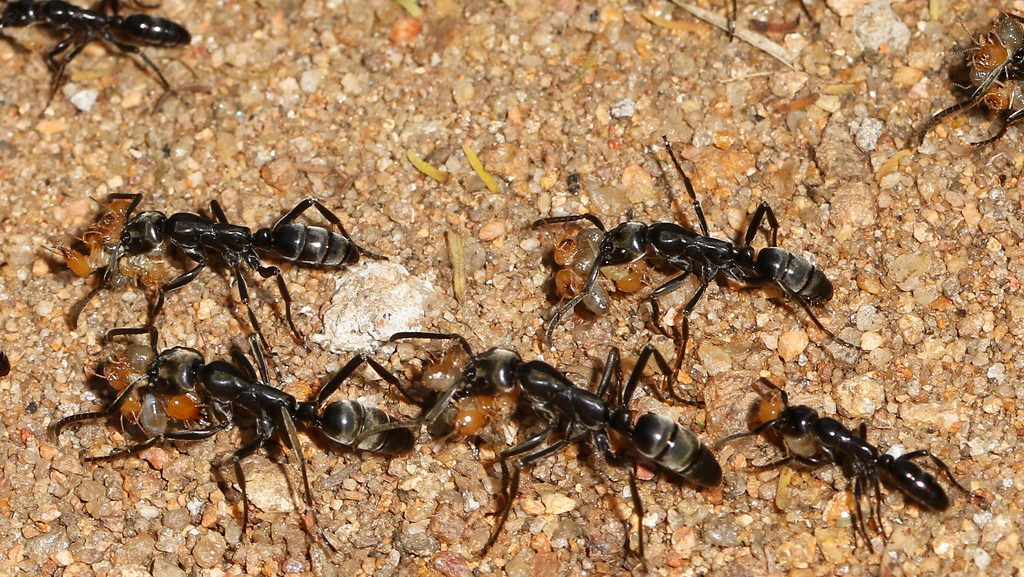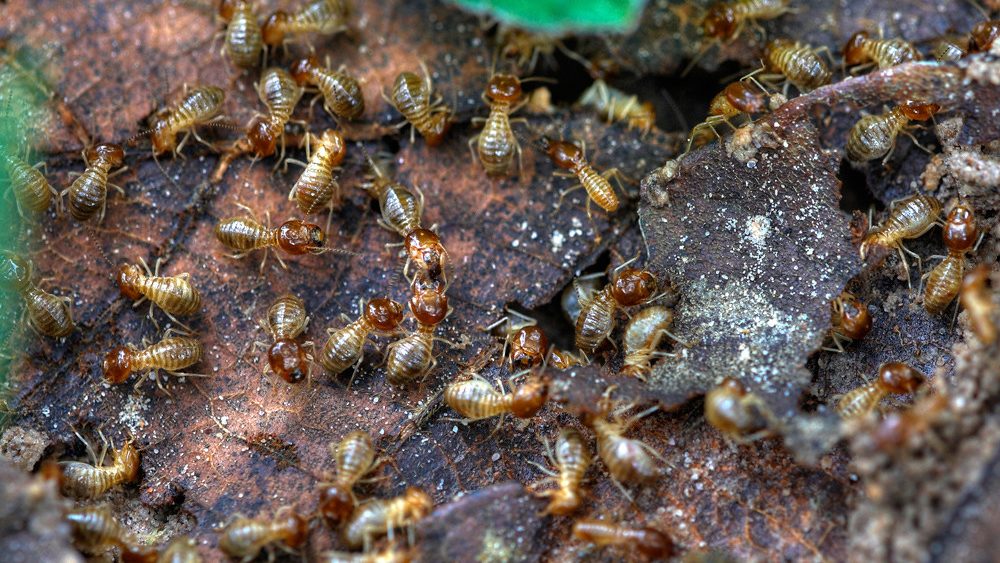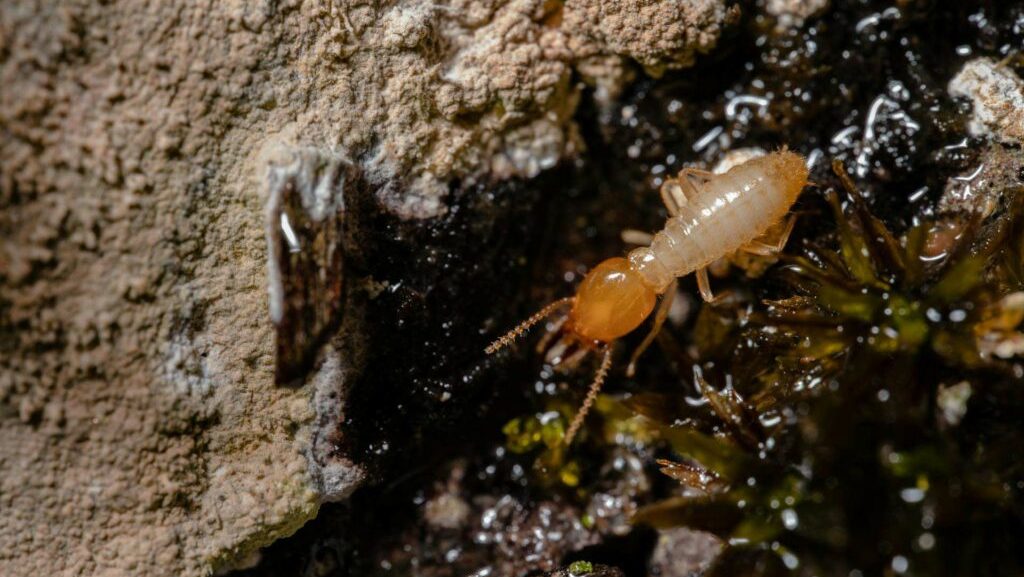When you spot tiny, winged insects in your home, you might wonder: Are they ants or termites? Both pests are common, but they have distinct characteristics, behaviours, and risks. Understanding these differences can help you identify the infestation correctly and take the right action.




 If you feel things have gone out of control, it is advised to contact pest control professionals. Our team can provide a customized approach to protect your home effectively.
If you feel things have gone out of control, it is advised to contact pest control professionals. Our team can provide a customized approach to protect your home effectively.

Physical Differences: Ants vs Termites
Identifying ants and termites based on their physical characteristics is the first step in distinguishing them.- Body Shape: Ants have a narrow, pinched waist, making their bodies appear segmented. Termites, on the other hand, have a straight, uniform body without a defined waist.
- Antennae: Ants have bent, elbowed antennae, while termites have straight, beaded antennae.
Wing Differences
- Ants have two pairs of wings, with the front pair being longer than the back pair.
- Termites have two pairs of equal-length wings, often longer than their body.
- Termite wings are fragile and fall off easily, often leaving discarded wings near entry points.
Ants vs Termites: Comparison
| Feature | Ants | Termites |
|---|---|---|
| Body Shape | Narrow waist, segmented | Straight, uniform |
| Antennae | Bent/elbowed | Straight/beaded |
| Wings | Two pairs, front wings longer than back wings | Two pairs, equal length, often longer than body |
| Diet | Does not eat wood, feeds on food crumbs and proteins | Consumes wood and cellulose-based materials |
| Nesting | Creates nests in soil, walls, or wood | Builds mud tubes, nests within wood |
| Visibility | Frequently seen foraging for food | Hidden within wood or underground |


Not getting a solution?
Get your free pest control estimate today!Behavioral Differences: How Ants and Termites Live
-
Diet: Termites consume wood and other cellulose-based materials, making them highly destructive to homes. Carpenter ants, however, do not eat wood but tunnel through it to create nests.
-
Nesting Habits: Termites build mud tubes to travel safely and maintain moisture levels, while carpenter ants create smooth tunnels in wood but do not form mud tubes.
-
Activity Patterns: Termites are secretive, staying hidden inside wood or underground, whereas ants are more visible and frequently seen foraging for food.
Signs of Infestation: Termites vs Ants
Recognizing signs of infestation early can prevent costly damage. Look for these indicators:Termite Infestation Signs
- Hollow-sounding wood when tapped
- Discarded wings near windows or doors
- Mud tubes on walls or foundation
- Warping or bubbling paint, resembling water damage
- Presence of frass (termite droppings) that looks like wood-colored pellets
Carpenter Ant Infestation Signs
- Presence of large, black ants moving in and out of wood
- Piles of sawdust-like wood shavings near walls or furniture
- Rustling sounds inside walls
- Winged ants emerging indoors, particularly in spring

Prevention Tips: Keep Both Away
-
Reduce Moisture: Repair leaky pipes, ensure proper drainage, and use a dehumidifier in damp areas like basements.
-
Protect Wooden Structures: Keep firewood and wooden debris away from your home, and use treated wood for decks or fences.
-
Seal Entry Points: Inspect and seal cracks in your foundation, walls, and windows. Install weather stripping on doors and windows.
-
Routine Inspections: Regularly inspect your home for signs of termite damage or ant activity and schedule professional pest inspections at least once a year.





